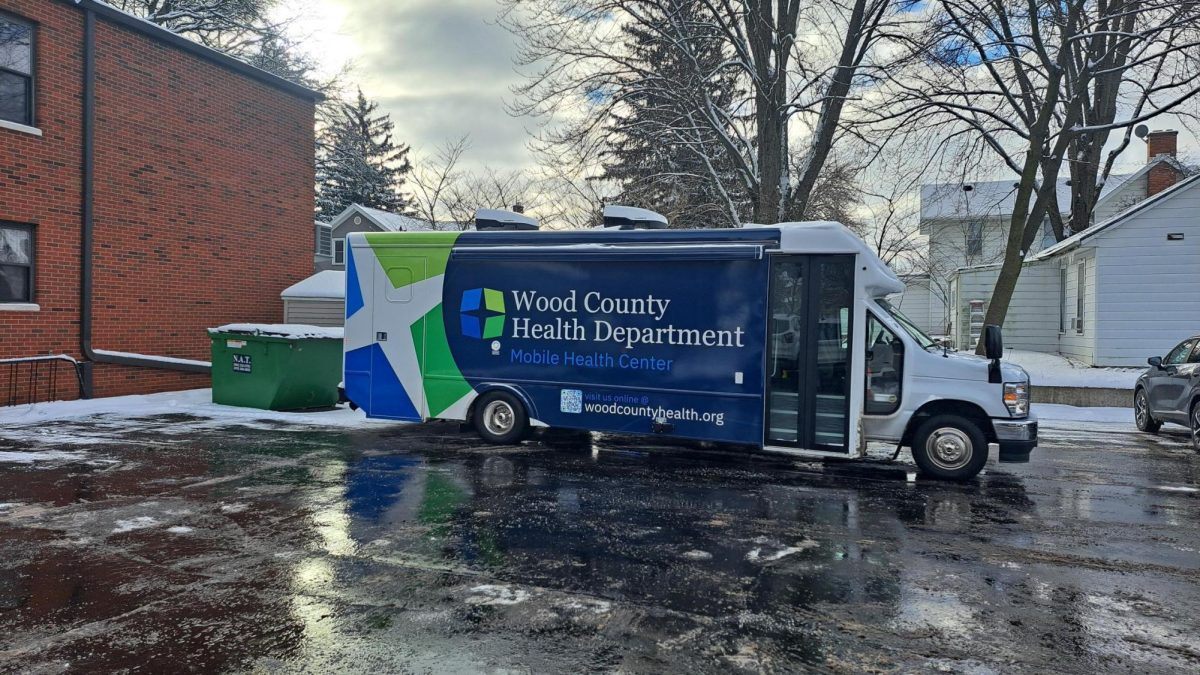Citizens voiced concerns about the city’s contract with it’s energy provider during Monday’s city council meeting, citing high costs and coal-generated power as reasons to search for alternatives.
Bowling Green gets power from American Municipal Power, buying a large portion of power through Prairie State Energy Campus, a coal plant in Illinois, as well as some hydro projects.
Since 2010, AMP’s costs have raised from $61.35 per megawatt hour to $78.93 in 2014, according to a Power Point presentation by The Institute for Energy Economics & Financial Analysis.
The city decided in 2007 to enter into a roughly 50-year contract with AMP.
“We’re concerned the city made the decision under pressure,” said Neocles Leontis, who presented the Power Point to city council. “Many [communities partnered with AMP] are having second thoughts.”
Leontis pointed out that the coal plant had been operating under capacity despite the city having to pay a fixed cost, forcing it to purchase energy on the open market as well.
He and other members of Citizens For A Liveable Future, a group of concerned local residents, asked the city to investigate why the city is paying more than originally promised and to consider backing out of its contract with AMP.
Council President Mike Aspacher said an investigation wouldn’t be in the city’s interest.
“We believe that the efforts of all involved would be best utilized to improve the efficiency of the Prairie State facility rather than placing the focus on expensive, protracted litigation with a very uncertain result,” Aspacher said in a prepared statement.
As for backing out of the contract, Mayor Richard Edwards said the city would not and could not do it without damaging its financial structure.
Instead, he applauded the Board of Public Utilities’s decision to enter into a diversifying energy program, helping the city become a leader in sustainability.
“Energy sustainability does come at a higher cost factor and cannot be accomplished with a simple flick of a switch,” Edwards said in a prepared statement. “The city’s rates have been and will continue to be among the lowest in the region.”
Edwards also said by 2018, the city’s wind turbines will be paid off, allowing the city to “enhance its portfolio of renewable energy resources.”
He said he hopes to invest in solar projects and more wind turbines.
But the five members of the citizen group present at the meeting implored the city to consider alternatives available now, such as natural gas, which is cheaper than coal.
While the members weren’t fond of the alternative because of the practice of fracking to extract natural gas, Vassiliki Leontis said “the city should keep a perspective as to how much energy costs no matter what the energy sources are.”
“It will be the next generation that will pick up the costs [as prices continue to raise],” Vassiliki said.













